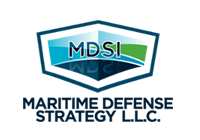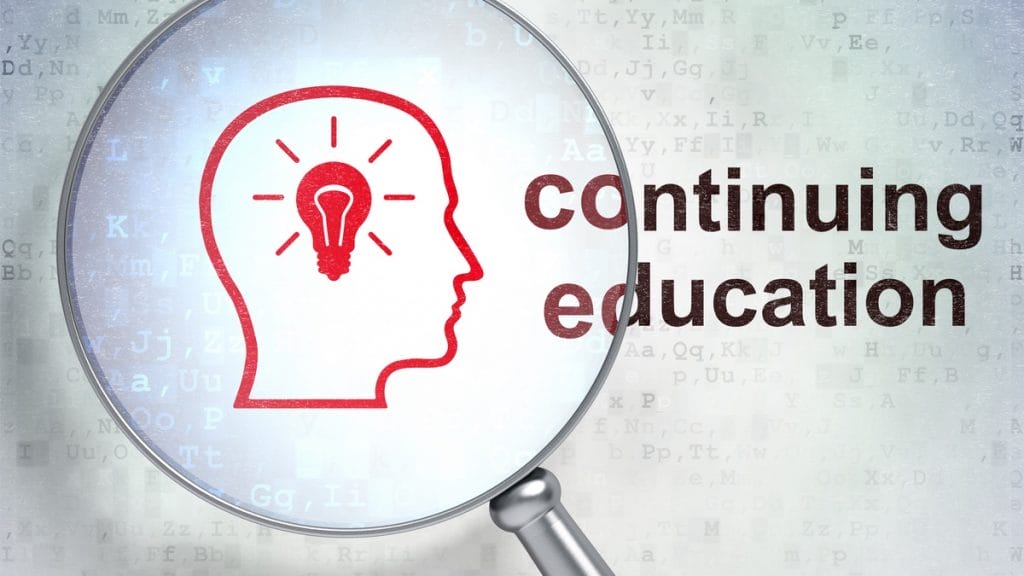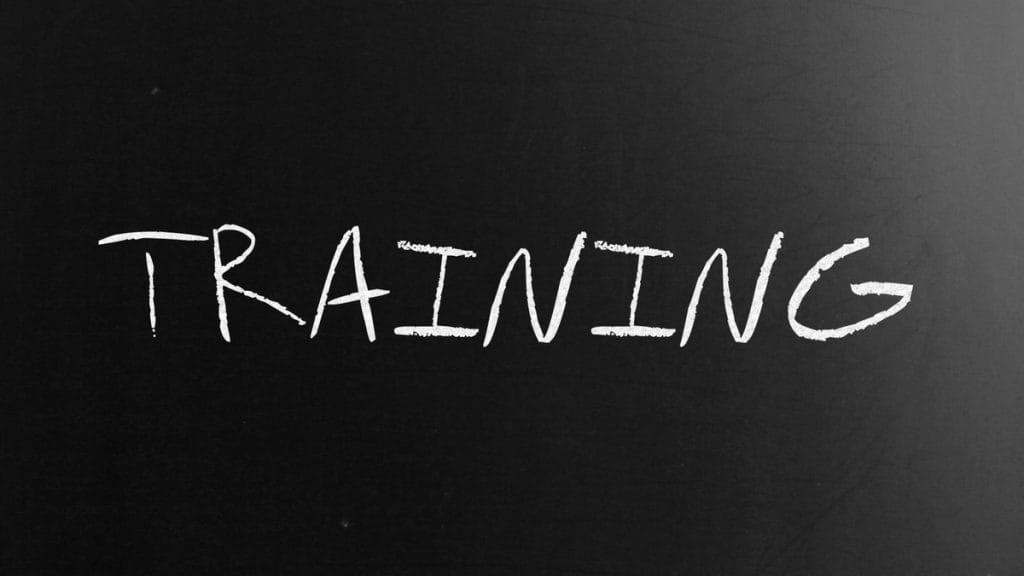Continuing education generally refers to any post-secondary learning or programs that we pursue after formal education. This can vary from seminars or one-time classes to online courses and entire degree programs.
Some professions require continuing education in a variety of ways. Some of these requirements come in the form of yearly classes or tests to keep you up on changes in your industry. However, in the maritime industry, that is not necessarily so.
Other professions require continuing education in advanced degrees which prepare you for new responsibilities and opportunities. Still, other professions require conferences or lectures to help employees learn from other experts in their field. All to obtain CEU’s or continuing education credits.
Why is continuing education important?
Increases personal development.
Even if you’re completely satisfied with your job and lifestyle, that doesn’t mean continuing education isn’t for you. For example, I attended a one-week certification class to become more knowledgeable within the maritime industry and not just in maritime security. The class was a Maritime Port Executive course from the International Association of Maritime and Port Executives (IAMPE). The course covers the specifics of how ports and marine terminals fit into communities; waterway, road and rail access; property and risk management; logistics from the shippers perspective including care, control and custody of cargo and the pricing of transportation services; tariffs and operational documents; business development; public and media relations; and strategic/master/logistics and cargo planning. I would personally recommend anyone in the maritime industry to take this course; your eyes will be opened to the ins and outs of how a port truly works.
Increases your chances for promotion.
Many times, employers find your pursuit of continuing education a great reason to give you a promotion. They recognize you’ve invested time and sometimes money into improving yourself and want to reward that. Your new education also makes you more qualified for advanced work and an ideal candidate for promotions. Employers also sometimes have positions within a company that have an advanced degree as a basic requirement. Getting that advanced degree could be the factor in being picked for promotion.
Similarly, when placed side-by-side with another candidate for a promotion, you will stand out to and impress a hiring manager if you have more education. Education qualifies you to handle more tasks and responsibilities and may have given you specific knowledge on how to do a job better.
The Experts agree that learning should be a lifelong process, and devoting time to continuing education can be a journey of personal development. Whether you want to learn more about a subject that you find interesting or want some additional skills to take to your work, there are ways you can use continuing education to your advantage. Even if your pursuit of education is purely for personal reasons, you can truly take advantage of advanced learning on your path to become a better person.


